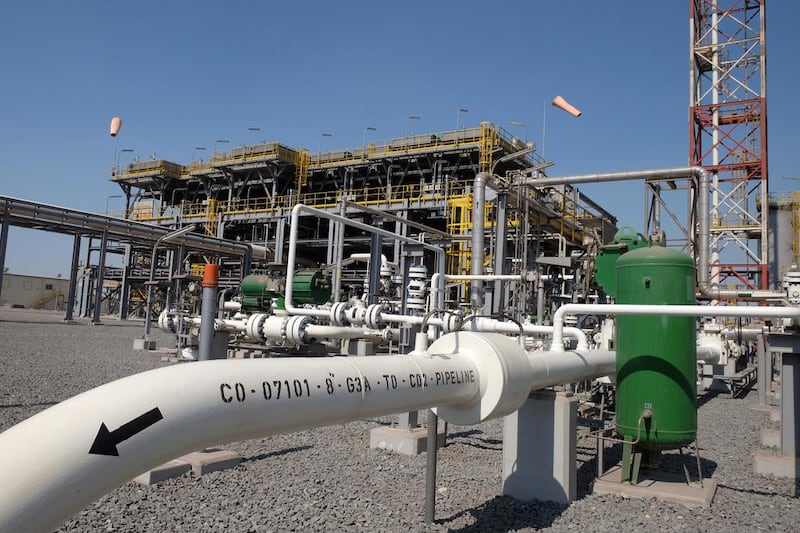Snow may have fallen in Ras Al Khaimah over the weekend but the Arctic is unusually warm. With temperatures almost 30°C above normal in some areas, sea-ice cover has fallen to record low levels. Dark seas instead of white ice absorb more sunlight, driving further global warming. Last year was already the hottest year on record worldwide. And human emissions of greenhouse gases are almost certainly responsible.
Meanwhile, progress on some of the main elements of climate policy is far short of what is needed. These include a binding global agreement to reduce emissions; sharp reductions in emissions; and dealing with the backlog of carbon dioxide already in the atmosphere.
April’s acclaimed Paris climate agreement, signed by 194 states including the UAE, is non-binding. Signatories are not committed to any consistent plan of action, but only those they themselves propose – and there is no enforcement mechanism. The US seems set to withdraw, or at best not to implement its commitments.
Even if all countries fulfil their Paris plans, the world will warm by 2.5°C to 3.1°C by 2100, better than the 4°C without climate policies but above the still-dangerous 2°C limit that Paris was meant to achieve.
On emissions cuts, there is much justifiable celebration in the renewables industry over recent progress in solar and wind power. These are now more competitive than coal or gas power generation in many areas, although backup remains a concern. Companies such as Tesla are also confident that electric cars, so far numbering just 1 million out of more than a billion vehicles globally, are about to take off.
Electricity generation creates one quarter of global emissions, with transport – which also includes planes and ships – contributing 14 per cent.
Industry, agriculture and forestry and the energy industry’s own consumption are the other big polluting sectors; they require other approaches beyond renewable energy and more efficiency. Industries could partly switch to clean electricity. But making cement, chemicals and steel unavoidably produces carbon dioxide. Capturing this at source and storing it underground or using it to make useful products or solid minerals is the only apparent solution. But many environmentalists oppose carbon capture and storage, and it receives just a fraction of the support that has gone to solar, wind and electric cars.
Even if emissions are cut sharply from now, the accumulated atmospheric legacy, and the momentum from continuing economic growth, mean temperatures will keep rising. So actively removing carbon dioxide from the atmosphere is essential, both to tackle this backlog and to mop up continuing emissions that are too dispersed to capture. Carbon dioxide can be removed by reforestation, by burning plant material in carbon capture-equipped power plants or by “artificial trees” that absorb the gas from the air.
Given this dangerous climatic picture, Gulf countries need to reduce their own emissions. Dubai and Abu Dhabi are making encouraging steps in removing wasteful energy subsidies and introducing solar power. Intelligent investment into research and deployment of new energy technologies can help to build a clean and diverse future economy.
GCC states can play a unique role in carbon capture given their favourable combination of geology and industry. The Adnoc-Masdar joint venture Al Reyadah is a pioneer. But from 21 large-scale carbon capture plants operating or in construction worldwide today, we need thousands by mid-century. Both of these, and actively removing carbon dioxide from the atmosphere, are essential to preserve the region’s fossil fuel endowment in the global energy mix.
The Gulf states need to prepare for nasty climate surprises – heatwaves, floods or droughts in their neighbours – whipping up the storm of turbulent regional politics. The Arctic may be far from the UAE, but the arm of climate change has grown long.
Robin Mills is the chief executive of Qamar Energy and author of The Myth of the Oil Crisis.
business@thenational.ae
Follow The National's Business section on Twitter





